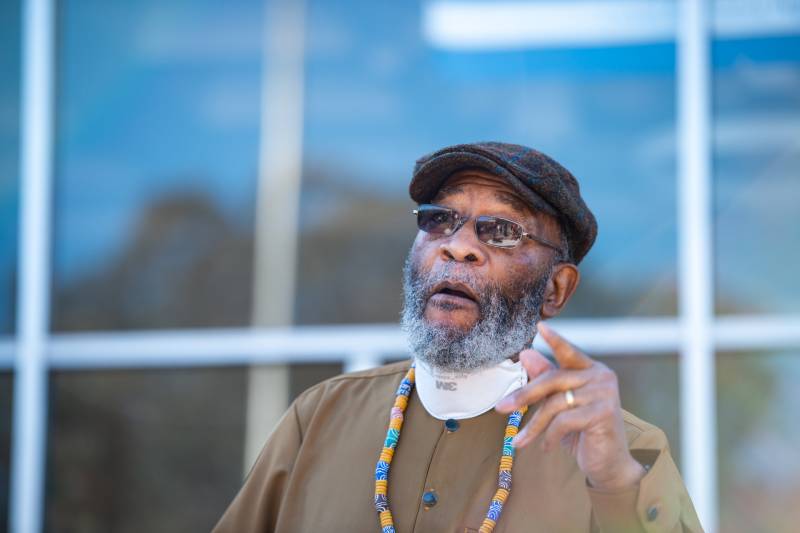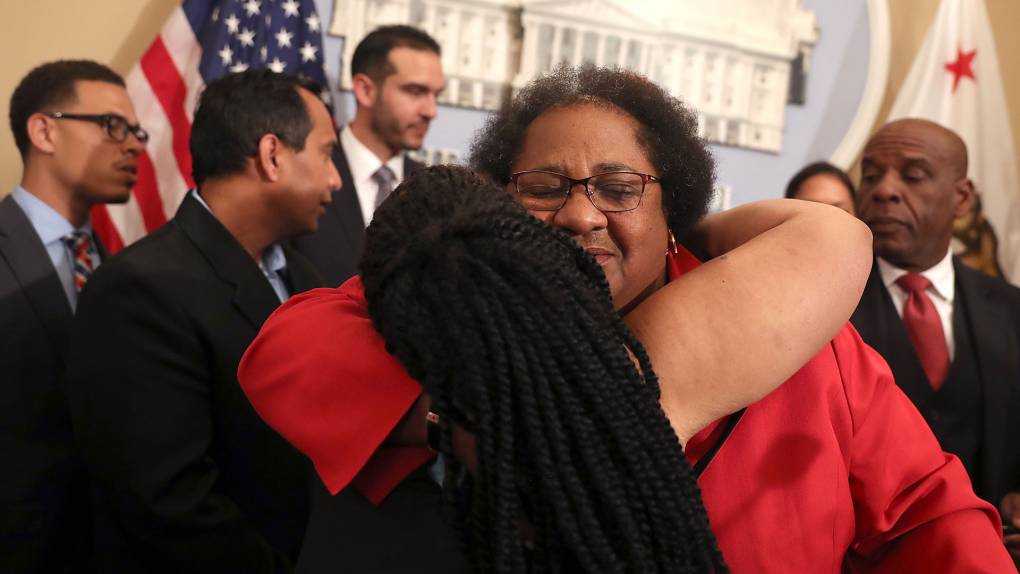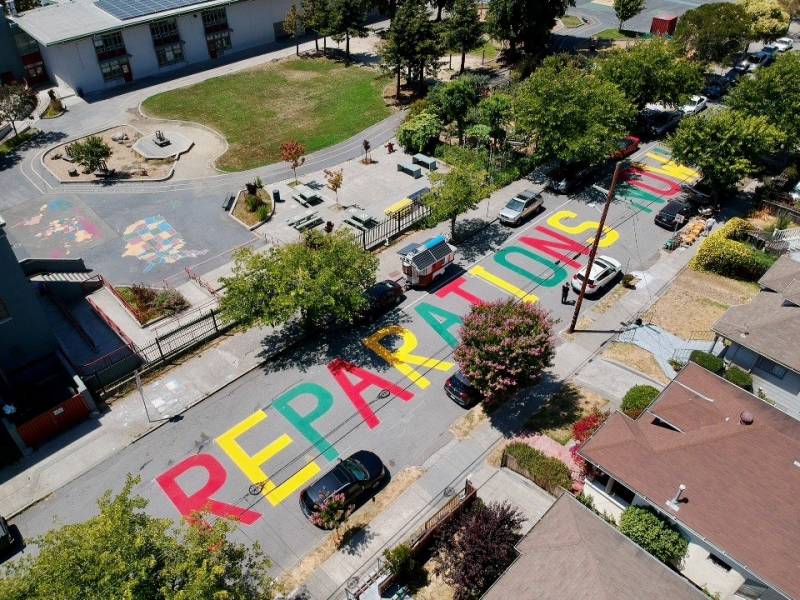When she came to California, she lost her first job as a babysitter when she signed up to take a test for a clerk position with the state. But she was not allowed to take the test. "It was 1959, and I was given every imaginable excuse — they had already given the test, they lost my application," she said. She was never allowed to take the test. "At every step of the way, in my growth, and in my career and in my education, I have experienced discrimination, pay inequities, sexism, [and] sexual harassment."
While the personal testimonies proved powerful and brought some task force members to tears, communication between the Department of Justice staff and the task force appeared tense at times — notably, when the DOJ said they would be unable to accommodate a request for future Saturday meetings. Also, during a brief discussion of who has final say over the agenda, the task force and the DOJ did not appear to come to an agreement.
“There ought to be a few meetings that fit the schedule of the oppressed," vice-chair Dr. Amos C. Brown said during the meeting. "Not for us, but for the sake of the people." Brown has been a pastor at San Francisco's Third Baptist Church since 1976.
The DOJ told KQED in an email on Monday that these questions would be addressed in the updates portion of the task force meeting, but emphasized that the DOJ is taking direction from the task force itself.


